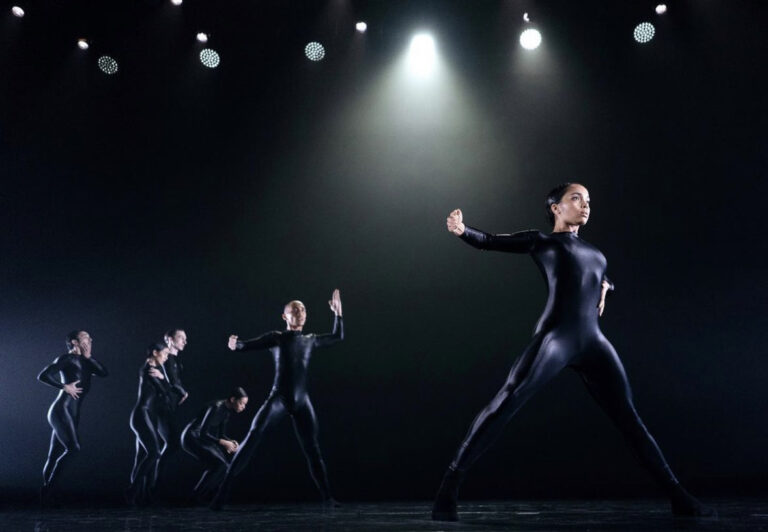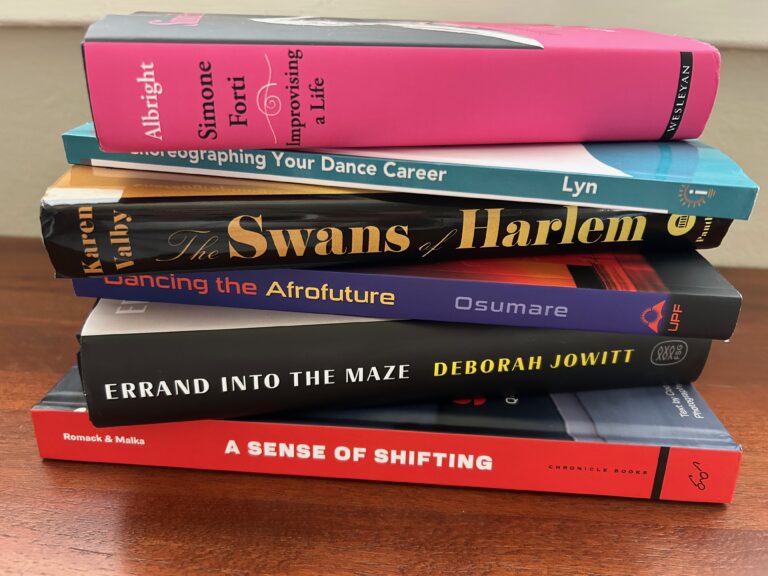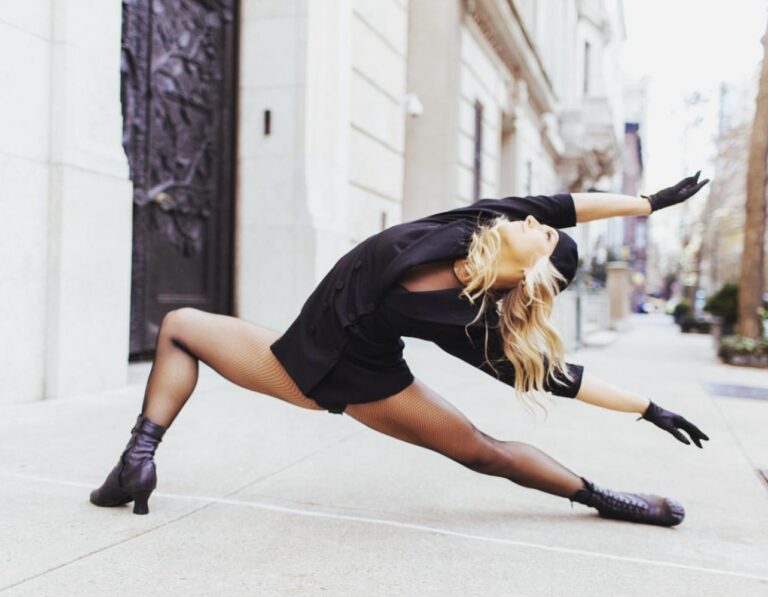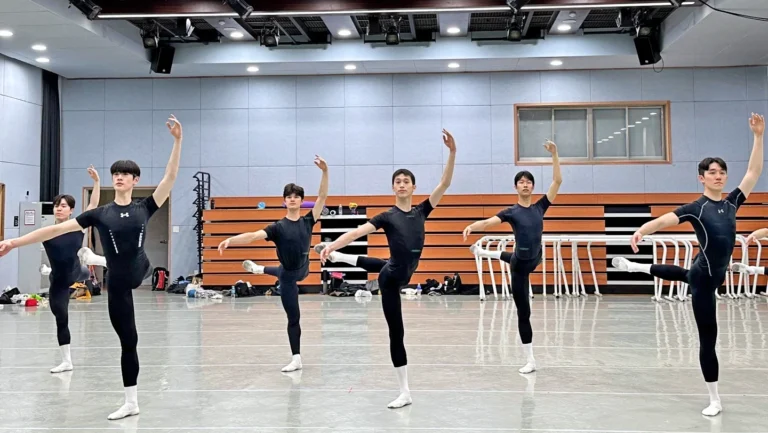Although The Dance Zone in Henderson, Nevada, attends a large event only every other year and opts for a smaller competition closer to home in alternating years, Nationals is always a year-end extravaganza. Whether making a cross-country journey or a quick road trip, co-owner/director Jami Artiga prepares her 50-member team with passion and professionalism.
How do you prepare for Nationals?
Our last regional competition is at the beginning of May, and then it’s recital time at the studio and the comp kids get a break. But literally the Monday after the recital, we take off running with competition preparation. We have rehearsals every other day and technique classes on the alternate days. We look back at how the routines did at regionals and remaster the numbers. It’s so important that we focus on keeping up the dancers’ technique. Since many Nationals competitions are accompanied by classes, we want our students to feel good in the classes they take. That way they can be recognized in those classes, not just when they’re onstage.
We also spend time making sure the dancers are in the right mind frame for competition. We ask them to look back on the year: “Have you worked hard all year? Have you accomplished your goals? Are you ready for the obstacles that will arise next year?” Then we can move forward and make it all happen at Nationals.
What are the biggest challenges you face concerning Nationals?
You have to help your dancers and their families find a balance between family vacations and extra rehearsals for Nationals. The dancers are willing to spend every waking moment in the studio, but if you don’t allow for their families to take some time away, they’ll get burnt out before the kids. You have to offer the best of both worlds and keep everyone motivated and excited without overwhelming them. It’s not easy.
What are your rules and expectations while you’re at Nationals?
The more guidelines we give our dancers and their parents, the fewer questions arise while we’re at the competition. We give them exact times to show up for certain things, advise how late each group of dancers should be staying up every night and give them a set number of dances to watch at the event. We don’t allow parents in the dressing rooms. We put the policies in writing, hand them out early and have a meeting to discuss them. If anyone has a problem with the rules, we can talk about it before we leave for Nationals, instead of mid-competition when stress levels are high.
How do you wind down from competition?
My co-director, Kaydee Francis, and I listen to the critique tapes first to make sure there’s nothing on them that might make the dancers uncomfortable. Then, if we have a critique DVD that many competitions now provide, we invite the dancers to come in one evening and we play the DVDs on a projector. They can hear the judges and watch themselves on the big screen. They really get what the judges are saying that way.
How do you handle it when your dancers don’t do well at competition?
Some competitions just seem like an uphill battle. A dancer might be off because she’s given up on herself, or she might be going through a bad time in her life. You have to be in tune with your dancers. It’s all about positive feedback while you’re at the event.
When we get back to the studio, we discuss what went wrong. Recently, after a competition where we just couldn’t pull it together, Kaydee took the dancers to the park to talk about it. It helps to get them out of the studio. So much is expected of them, from their teachers and from their parents, and dance can get so emotional. It’s our job to boost them up and help them feel good.



